Nelson Mandela Memorial In Photos: Where Were You When The White Supremacists Ruled?
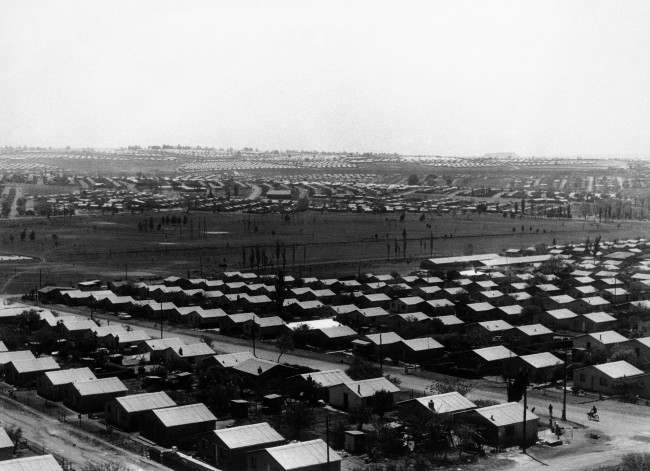
THE Nelson Mandela Memorial took place at the FNB Stadium in Johannesburg.
Barack Obama hailed Mandela as “the last great liberator of the 20th century”.
That much is true. Were it not for him and his fellow fighters against the brutal horrors of white supremacists, would black South African be free? Would the white leaders, the BBC reporters and the happy white faces be singing for Madiba? Not everyone hated apartheid. The powerful didn’t. The South African economy boomed on cheap black labour. They had the money, the overseas investors, the guns and the power. To take that on you don’t just need an avuncular smile and an audience with the Spice Girls. You need courage and the ability to instil fear in the oppressor. You need to be angry and ready to kill.
We all love Mandela now. He was the man who forgave. But you know what he forgave? The whites and rich blacks who sing his name and wave the flag of the Rainbow Nation haven’t focused on that. It’s not so much forgive as forget. This is what South Africa looked like for blacks in the 1960s. The poor, enslaved blacks who kept the South African machine rich.
His became the most famous name who took that on.
Where were you?
The FNB Stadium is in Nasrec, bordering the Soweto area of Johannesburg. Ah, Soweto. The above photograph is from the Associated Press. Its original caption from 1971 reads:
The Southwest from Johannesburg, beyond the low white hills of gold mine waste, lies South Africa’s fourth largest city. It has no real name it’s not even on the national map and the use of color dynamics fails to break up the monotony of row upon row of small four room houses. The area appears to have been printed rather than built and only the high rate of crime about 70 murders a month raises much excitement. This is Soweto, an acronym from South Western Townships, administrative name for the area where Johannesburg’s black population lives 10 miles and more from white areas. Soweto is a city within a city, a sprawling dormitory that provides a nightly bed for Johannesburg”s labor.
Some Soweto residents made money. In 1972, the talk was of Soweto being home to 11 millionaires. But for all their money there was nowhere to go. They must live in Bantu (black) designated areas.
That is not a thriving city. That is an open prison camp.
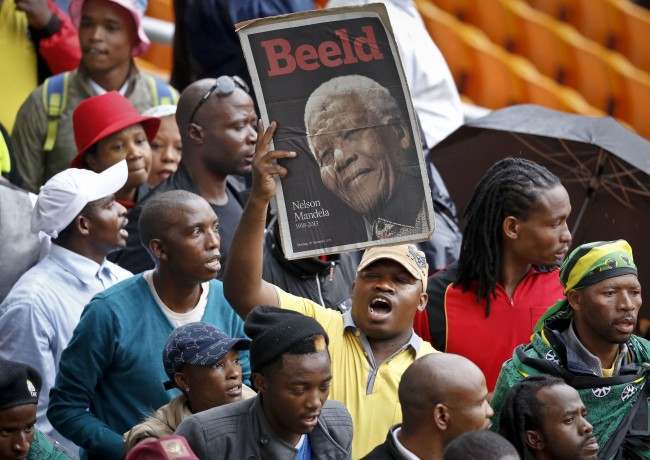
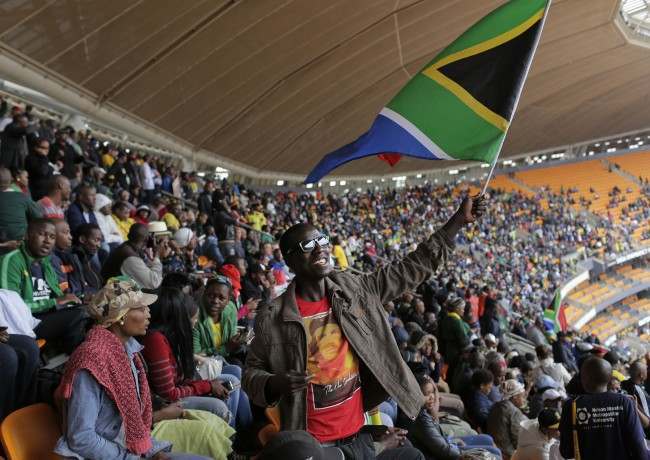
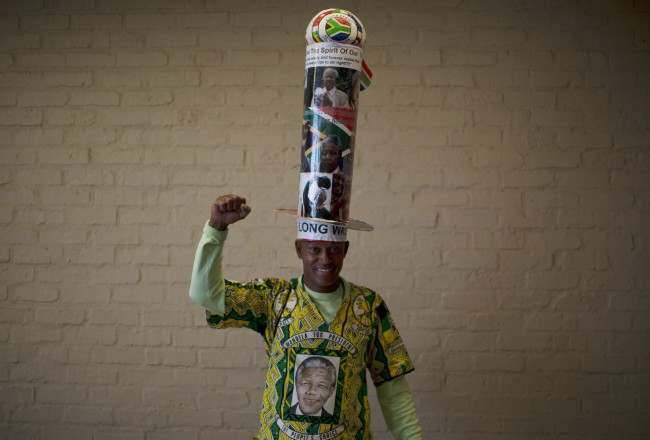
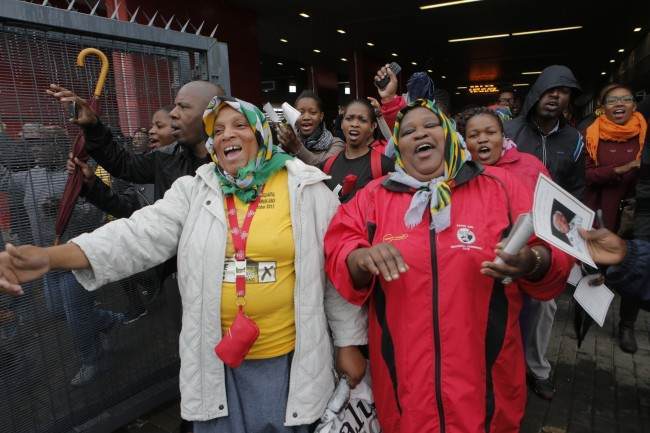
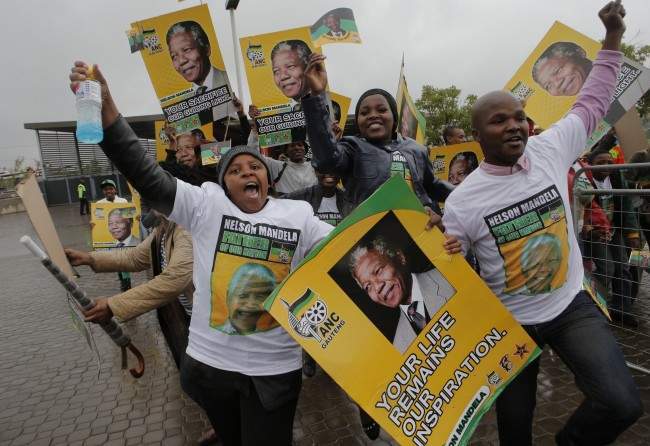
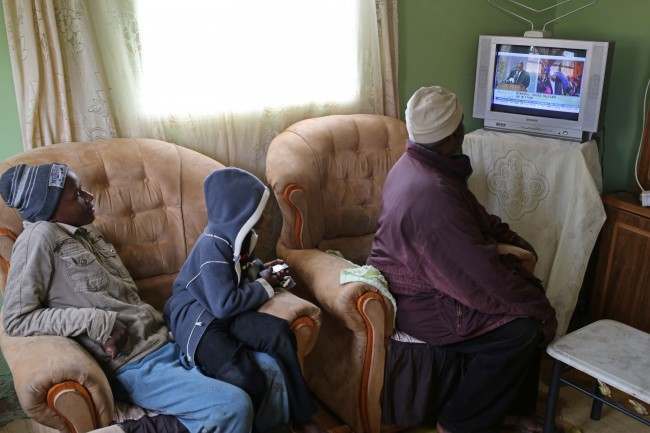
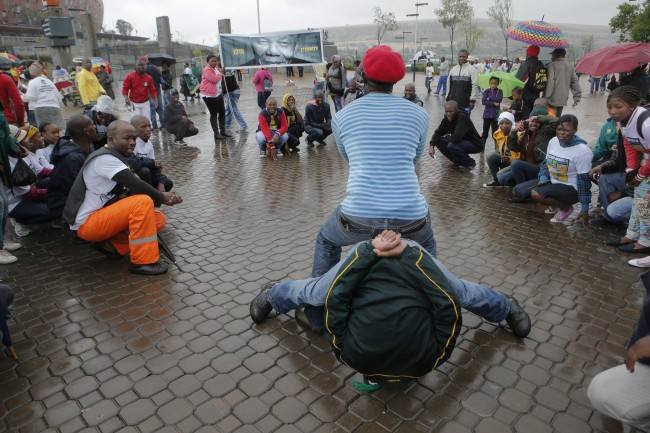
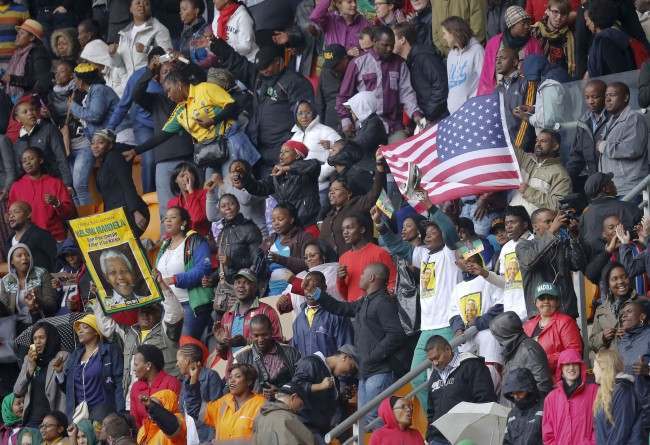
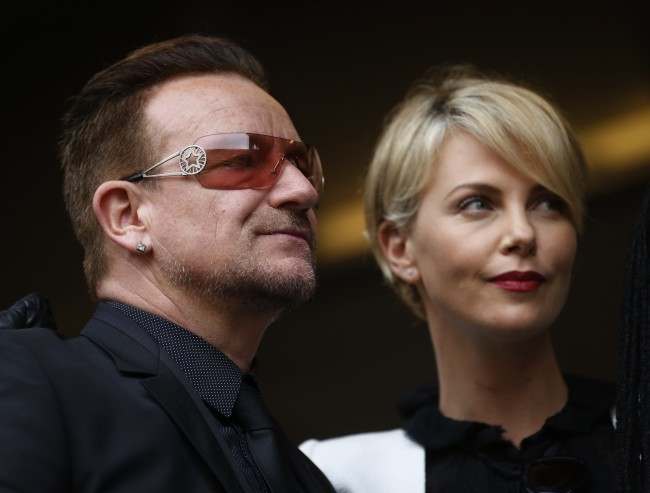
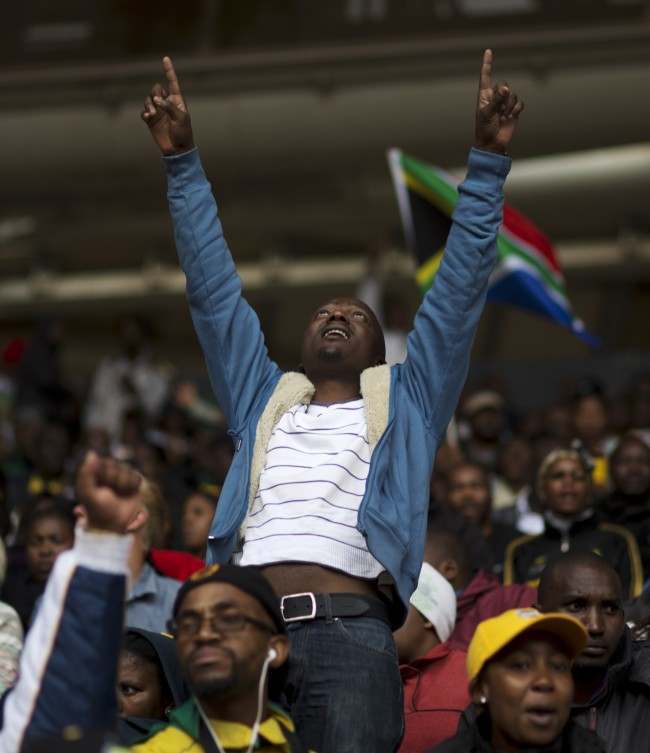
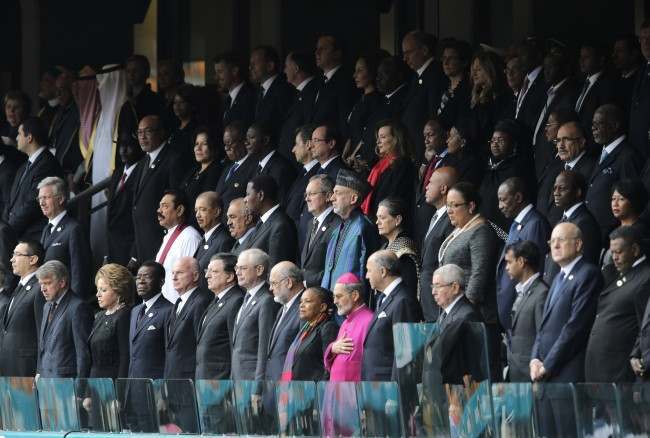
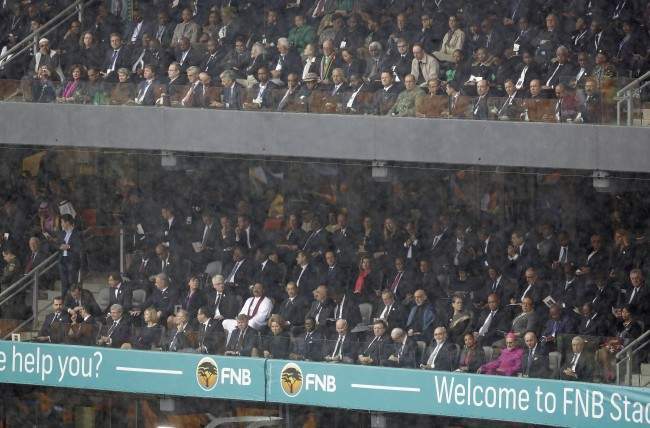
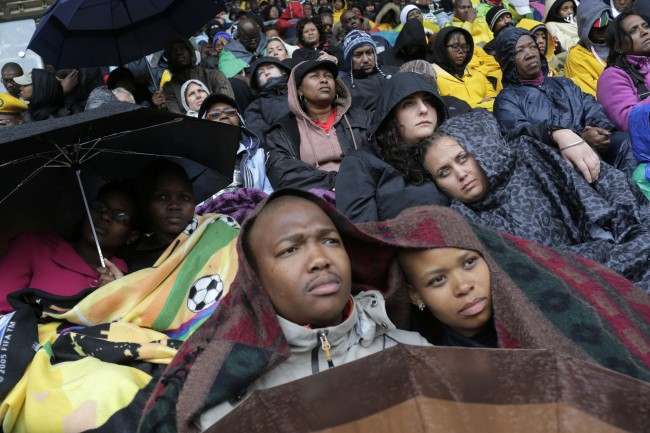
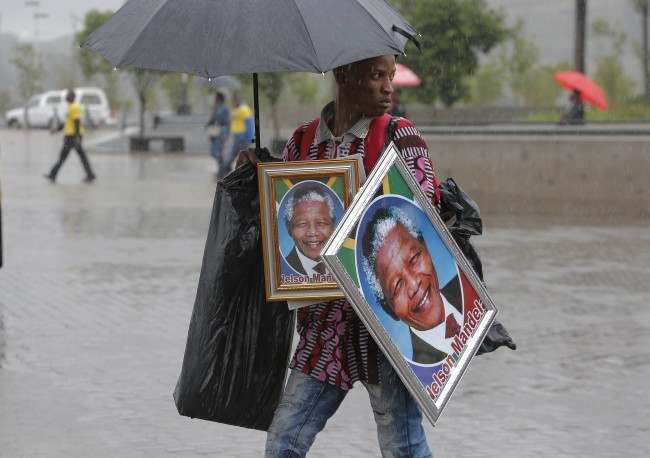
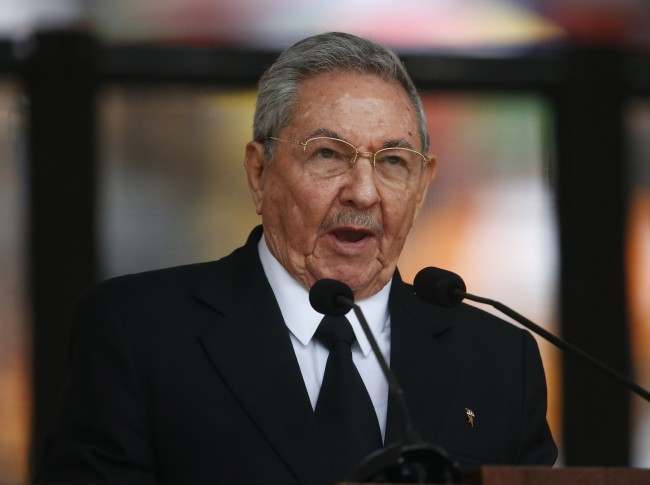
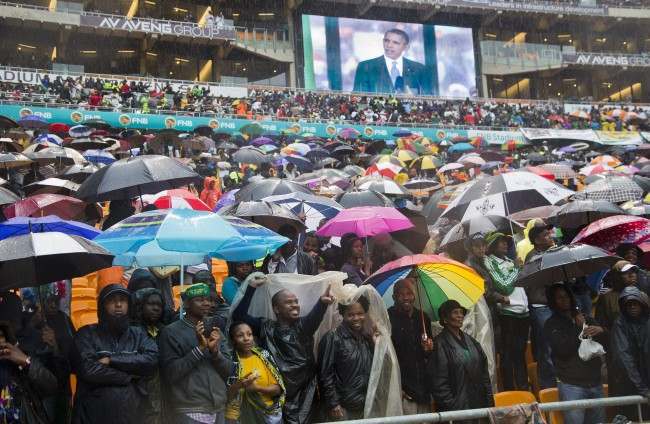
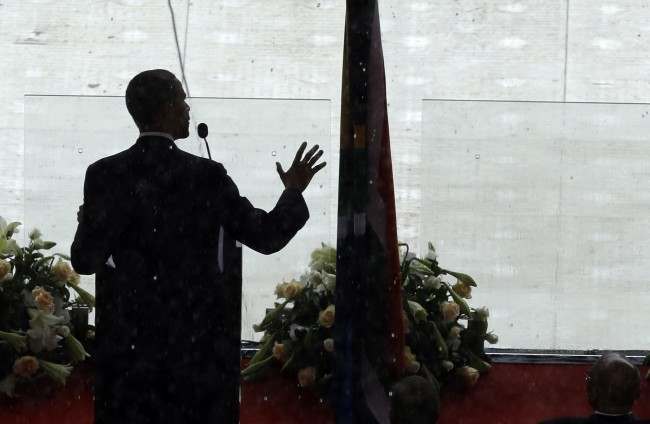
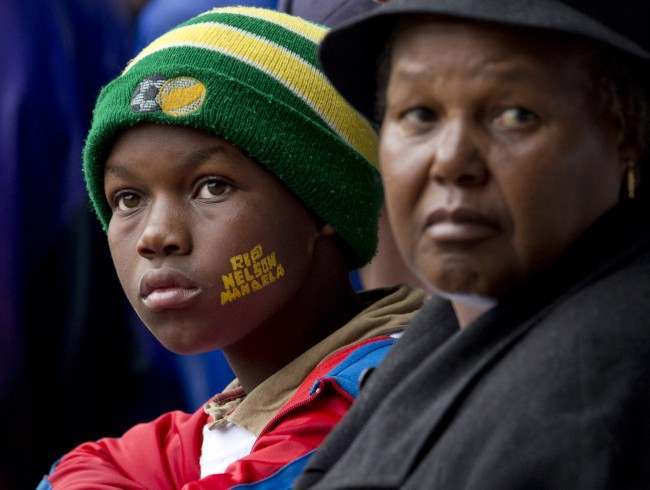
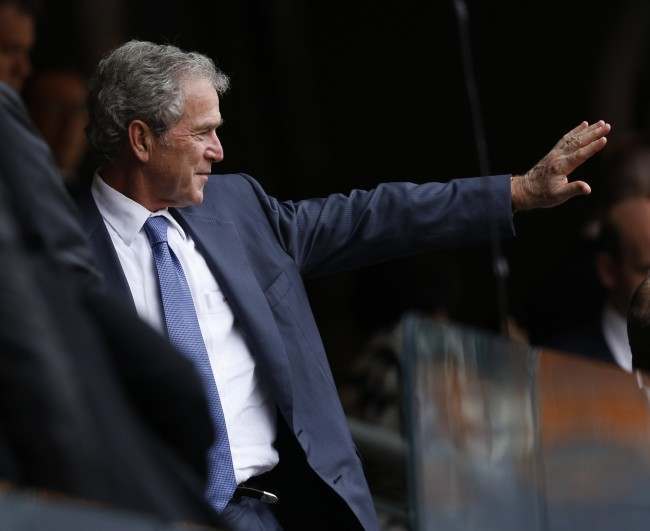
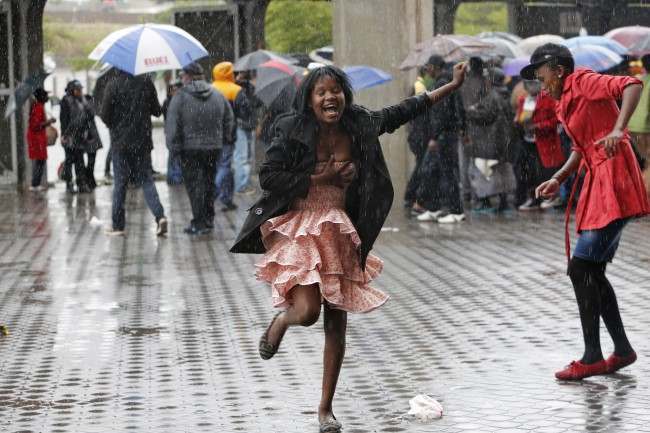
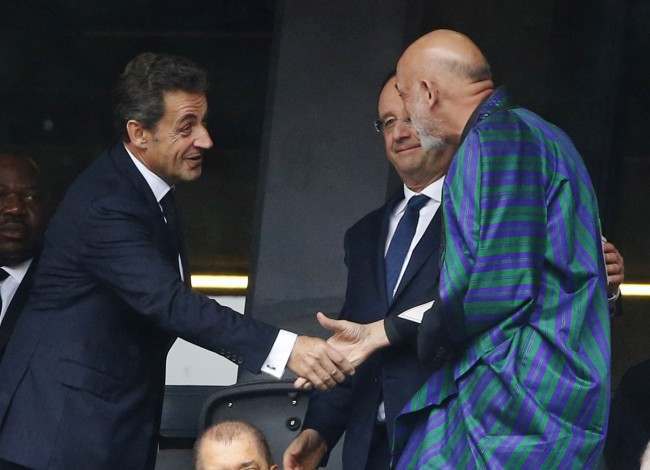
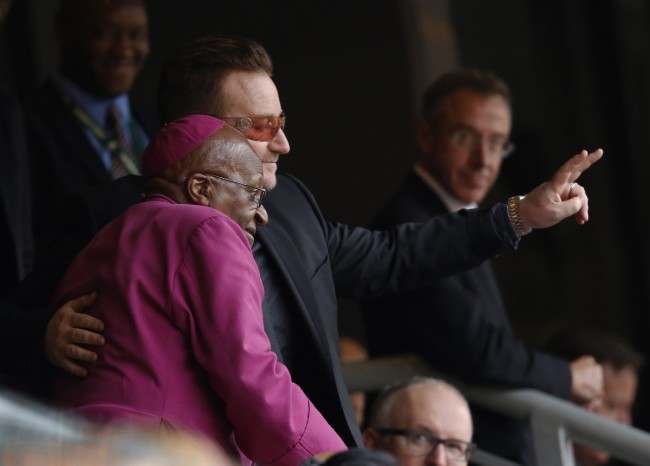
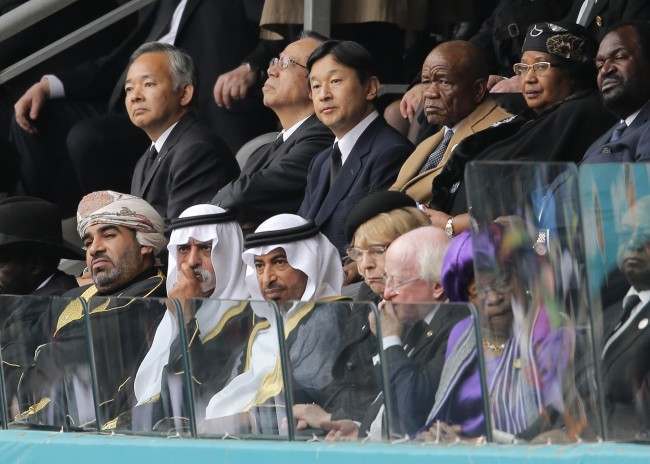
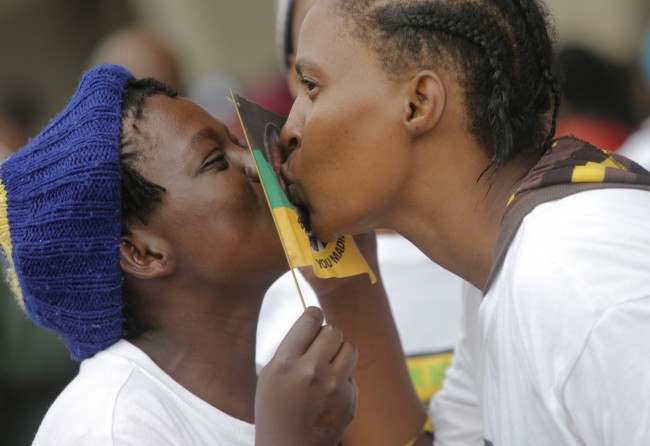
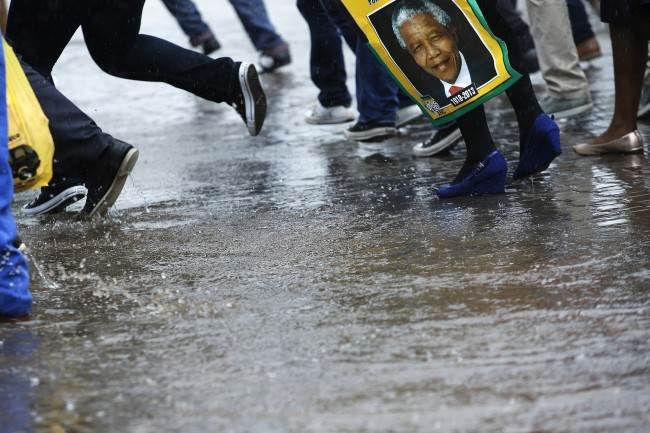
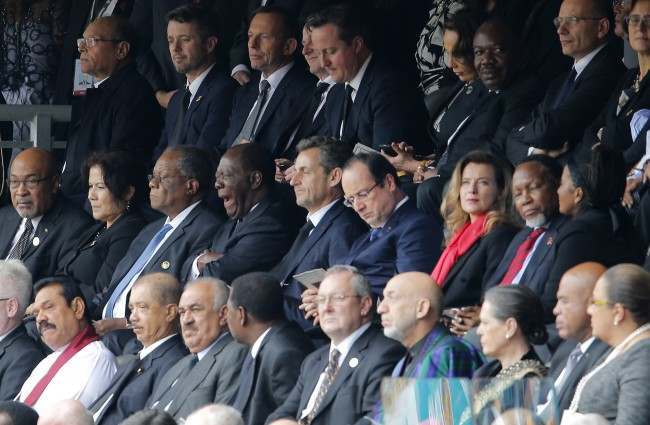
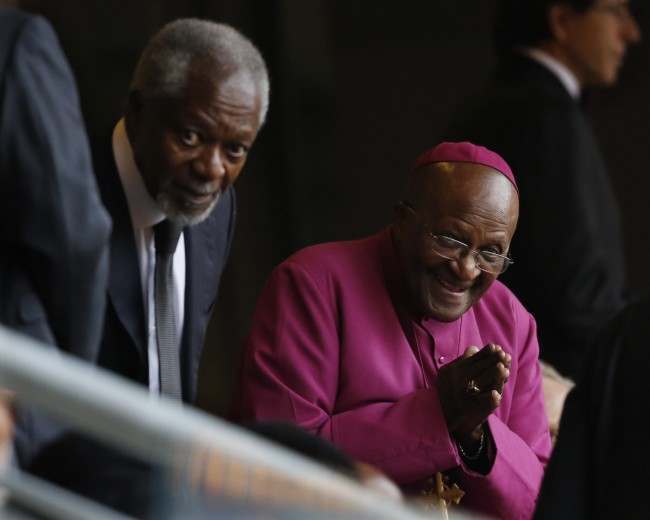
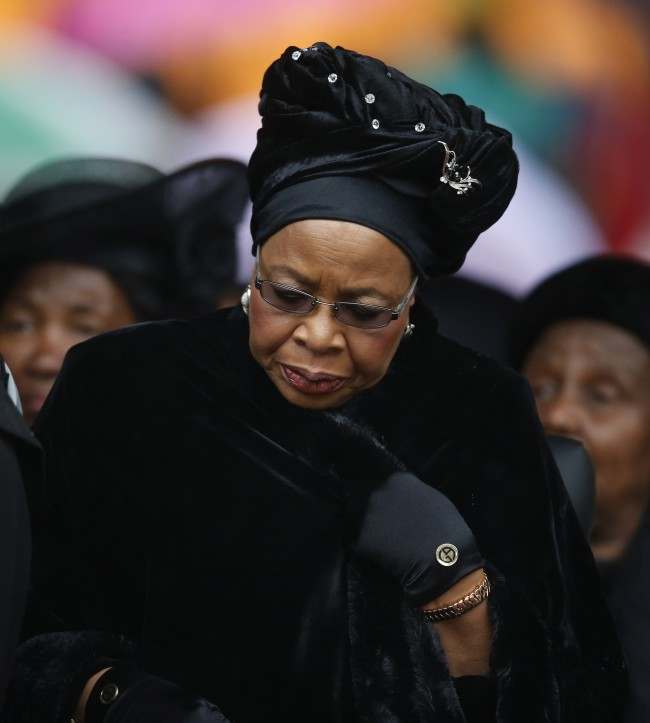
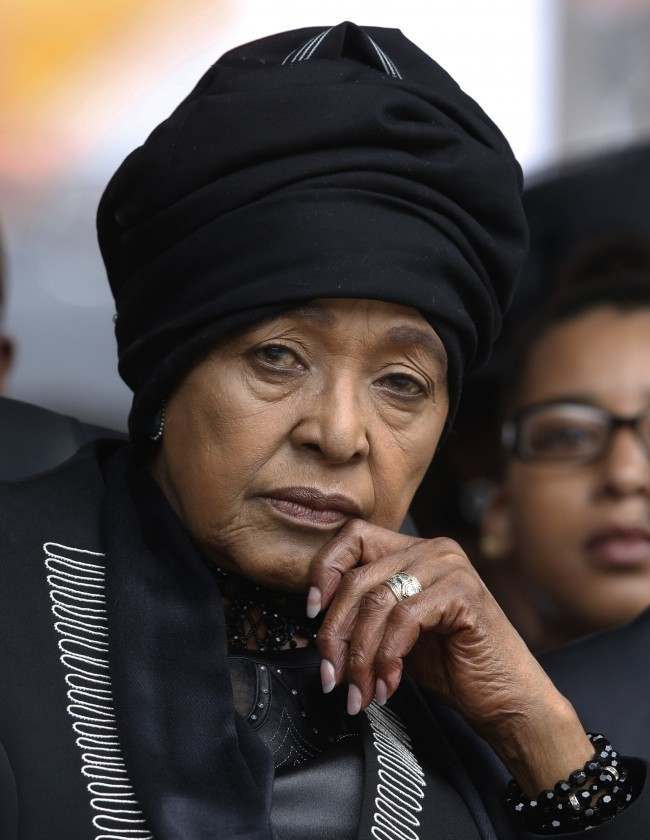
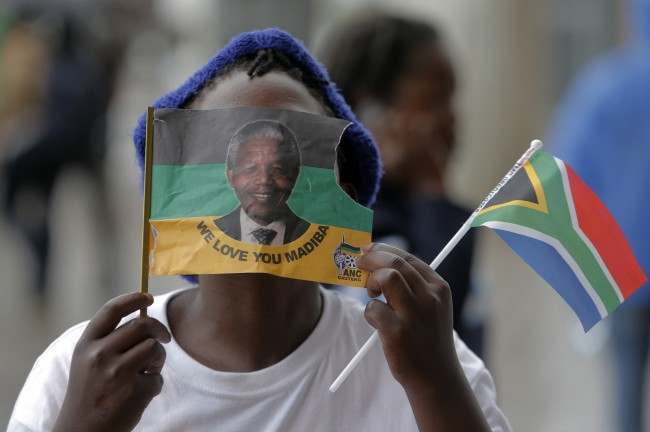
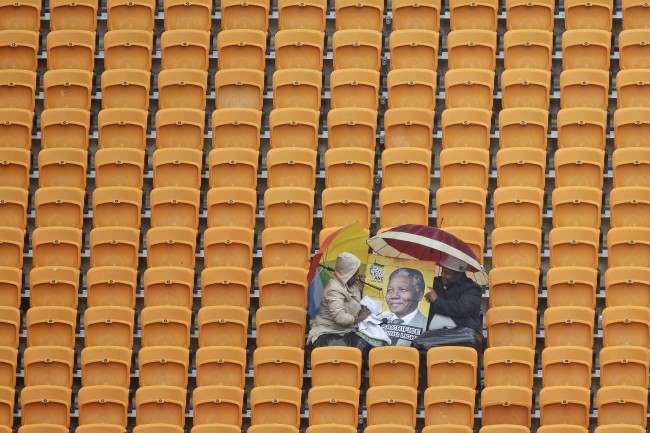
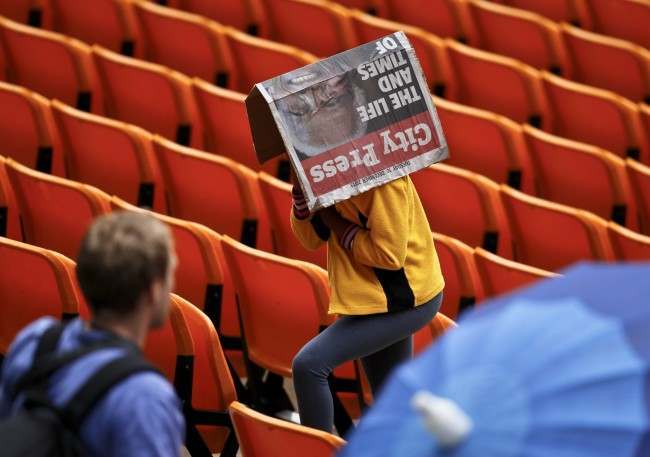
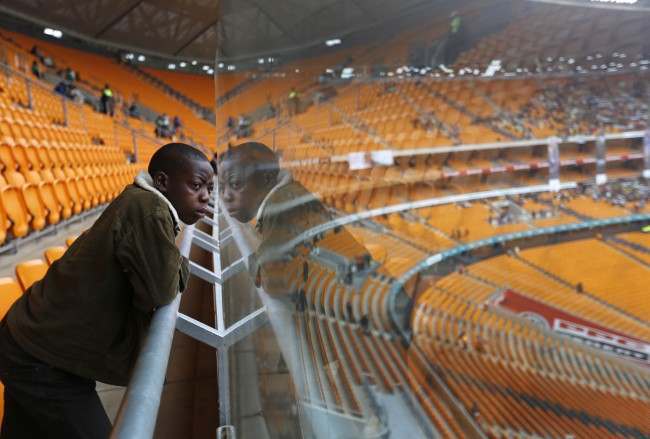
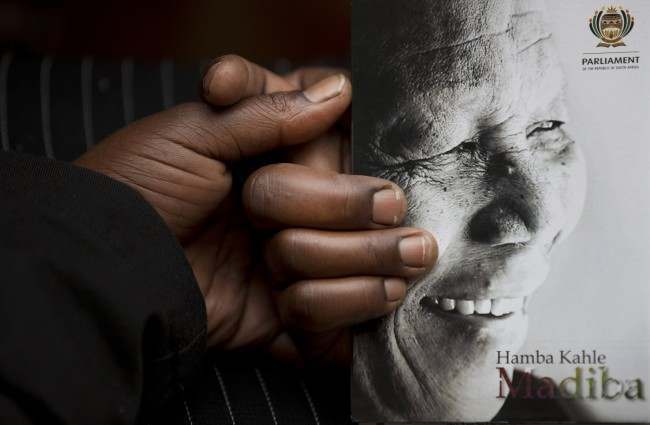
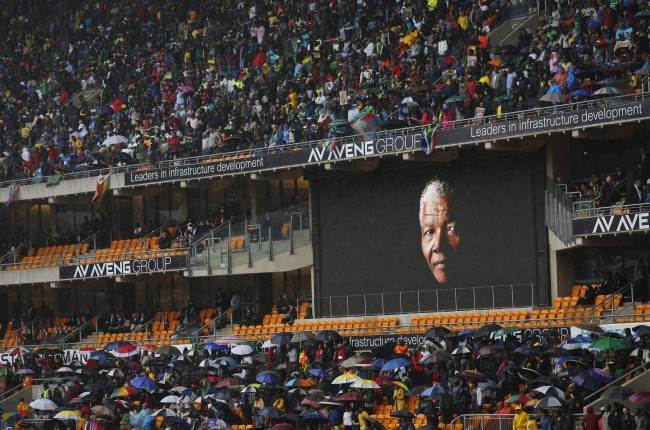
Posted: 10th, December 2013 | In: Reviews Comment | TrackBack | Permalink


